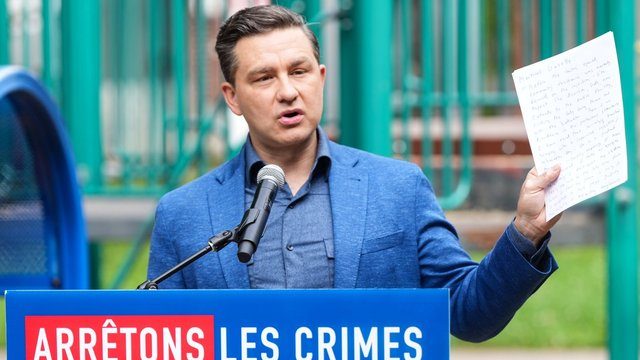Guelph approves online voting as alternative method for next elections

Posted May 30, 2024 04:42:13 PM.
Last Updated May 31, 2024 09:54:52 AM.
Guelph councillors voted in favour of bringing online voting to municipal and school board elections in 2026, which can help people with disabilities have a say in those elections.
This comes just in time for National Accessibility Week from May 26 to June 1. Those with disabilities face unique barriers to voting during elections, causing some of them not to have a vote. A motion was brought to council earlier this month that would create more options.
Along with free transit and free parking on election day, the councillors also voted in the use of vote tabulators. According to city staff, vote tabulators help them offer an independent ballot marking device, enhance accessibility, and improve the timeliness of results, as well as, the accuracy.
On May 28, they had 21 delegates speak on the matter of online voting, some strongly for and some strongly against.
The ones against said it was mainly due to security concerns around cybercrime, which has been increasing in recent years.
One of those delegates, David Suffling, said he is a computer scientist, and said he and his colleagues don’t think E-voting vendors are trustworthy.
“Blockchain is a solution looking for a problem, other than organized crime and it does little to address the concerns in this space as people have been saying loudly for many years,” he said. “We’re seeing ransomware attacks on critical institutions, including hospitals, supply chain attacks where someone will infect for example a library that is relied on by lots of other software has become much more of an issue.”
Even still, Guelph’s Mayor Cam Guthrie said he is comfortable with the risks associated and voted in favour of online voting.
City staff disapproved of the recommendations, saying there was too many risks associated with online voting.
Guelph’s councillors voted in favour of them anyway, including Coun. Caton’s additional motion made on May 7 that “directs city staff to offer internet voting as an alternative voting method for the 2026 municipal and school board election, subject to all security requirements and testing meeting the satisfaction of the city clerk.”
During the meeting this week, Caton said she was concerned about the misinformation going around the community regarding online voting, adding she doesn’t think the community against it understands the benefits it has for people with disabilities, like herself.
“There are 217 municipalities who used online voting in the last election and the sky has not fallen,” said Caton. “The worry about the potential for risk does not outweigh harms created by existing access needs not being met.”
One of the delegates, Lorelei Root, is also the Chair of Guelph’s Accessibility Advisory Committee (AAC) but spoke from her own experience.
“We face not only systemic barriers but also the weight of responsibility of providing forward momentum to a conversation about our dignity, our rights and our place in this world, which we deserve.”








